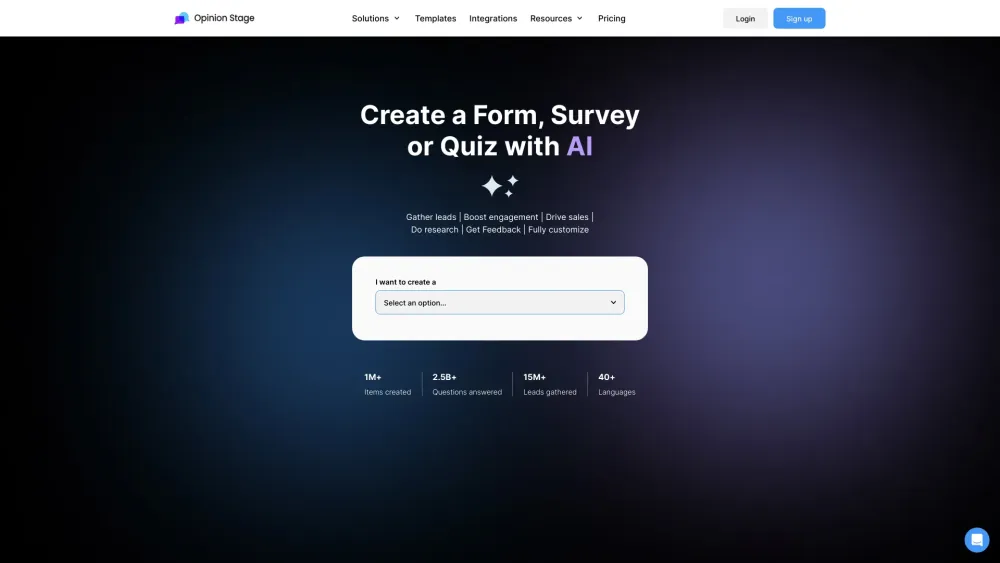During the recent 25th anniversary celebration of iFlyTek, Chairman Liu Qingfeng announced the imminent release of Spark V4.0 on June 27, a strategic move to reinforce China's leadership in artificial intelligence. With the introduction of GPT-4o, which features advanced voice, audio, and video capabilities, there is a fresh opportunity to blend voice technology with large model AI. Liu outlined five core strategies to ensure iFlyTek thrives in this dynamic landscape.
Five Core Strategies for AI Competitiveness
1. Enhance Existing Products: iFlyTek is committed to improving its current offerings in education, healthcare, automotive, and home appliances by developing flagship hardware such as translation devices and learning machines leveraging large models.
2. Focus on Key Industries: The company plans to target central state-owned enterprises, delivering tailored solutions that cater to specific industry and enterprise needs across three tiers of model capability.
3. Pursue Integration Opportunities: iFlyTek will explore integrated software and hardware solutions in emerging sectors like robotics and medical technology.
4. Leverage the AI Assistant Market: Emphasizing an AI assistant strategy that unites listening, speaking, understanding, and reasoning will accelerate advancements in the Internet of Things (IoT).
5. Advance the "iFlyTek Super Brain 2030" Initiative: This initiative aims to capitalize on the trillion-dollar market for home companion robots, aligning with the company's forward-looking vision.
Liu highlighted iFlyTek's success in applying large AI models across various industries. The company's multilingual technology is a key contributor to China's automotive exports, partnering with leading brands such as Chery, NIO, GAC, and FAW, and implementing large model applications for international automotive makers like Volkswagen. Liu pointed out that seamlessly integrating cloud and edge computing, along with robust hardware capabilities, is essential for maximizing performance and efficiency.
“In this latest wave of AI development, a successful model requires a robust platform alongside heroic innovation,” Liu stated. iFlyTek is positioning itself as this critical platform while nurturing individual creativity and entrepreneurship within the organization.
As iFlyTek advances its voice technology leadership, innovations from OpenAI—including GPT-4, GPT-4V, and the audio-focused Whisper and Sora—are driving growth in the global voice technology market. Liu noted that advancements in voice synthesis, recognition, and translation through large models are enhancing semantic understanding, enabling multi-turn dialogue, and improving emotional perception.
“Almost every application in the voice technology sector warrants a re-imagination,” Liu remarked, highlighting the potential benefits for sectors such as healthcare, hospitality, and customer service. Digital employees can significantly enhance roles in continuous operational environments.
Liu drew comparisons between GPT-4o's impact and Siri's historical influence on voice technology. The allure of GPT-4o lies in its human-like synthesis, facilitating natural, dynamic conversations with full-duplex interaction for an immediate response experience.
iFlyTek currently leads in ultra-human synthesis technology across multiple languages. The company plans to enhance capabilities in challenging environments, including high-noise and multi-speaker scenarios, while maintaining a strong focus on integrated cloud-edge solutions and hardware to uphold its market advantage.




